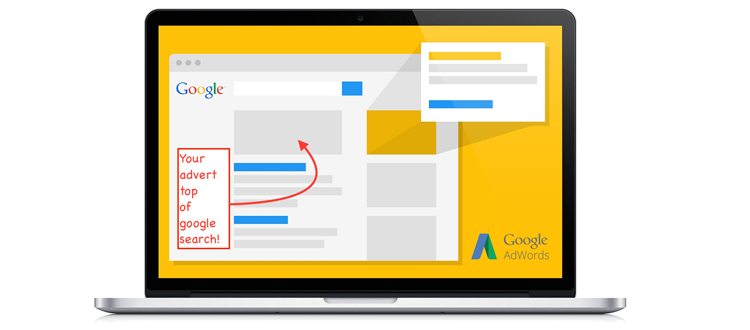When it comes to marketing, drug rehab facilities and other businesses in the healthcare sector have as many opportunities to do so as businesses in
Overly Accommodating – The Utility of Life Interests

Once the weapon of choice for wealthy land Baron to provide for a surviving spouse while keeping the land asset in check, a life interest is used by lawyers as a tool to balance different interests between beneficiaries. An example of a modern use of the tool is to counter the surviving spouse remarrying, where there is a competing need to provide for a spouse as well as a need to preserve or quarantine the asset for the benefit of other beneficiaries.
In those circumstances, the life interest is regarded as beneficial to secure the property so that the children can be raised in it, and subsequently, it can also be passed to them once the interest of the surviving spouse has ceased.
The use of a life interest is also prone to some down-sides in the form of its inflexibility and are frequently the victim of inadequate drafting, particularly the life estate agreement.


















